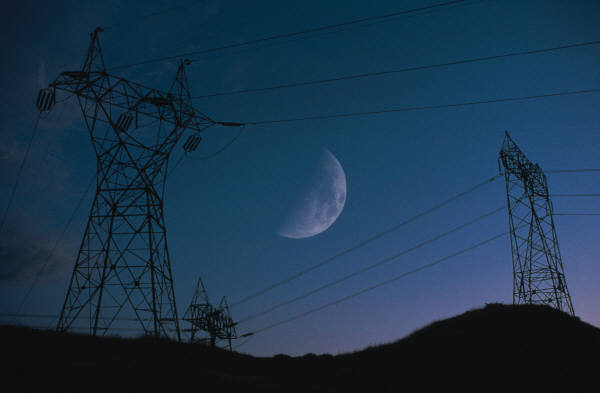Several years ago, I looked for a way to cut back my electricity usage as the expensive summer cooling season approached, and my computer became a prime target.
I used to leave my computer online 24/7 for fast access when I wanted it. That’s what I told myself. I actually kept it online to keep the tabs on my browser from closing down. It was a hassle to bookmark websites and organize them to find later, so rather than deal with the task, I kept the computer active and ready to go.
Laziness is a gateway to inefficiency. Instead of facing a situation by bookmarking the websites I wanted to go back to later, I kept many of them open for easy access, even if I never accessed them again. That’s not a great excuse, but it was the easy way to deal with the issue.
Going green isn’t about the quickest or easiest solution. It’s about conserving resources for future benefit, and it takes a little extra effort for magnificent results. Once I gave in to the idea I needed to change my wasteful habit for the better, I started shutting down the computer whenever I left home. That meant bookmarking every website I had open, and keeping interesting sites bookmarked in the future to find them again later. I’ll let you know when I finally organize them.
Did I save money? You bet I did. Absent other changes in my electrical usage, my bill dropped by $10 per month. Sure, that doesn’t seem like a lot, but over time and combined with other savings, it’s a significant sum, one that encouraged me to find other computer savings if I could.
In anticipation of buying a powerful graphics card capable of operating any game or powerful design software at maximum settings, I added a 750-watt power supply to my computer. Is that a lot? Considering that an average system has a 300-350-watt supply, yes, it was a bit much. But I wanted power to expand my system in the future, so that’s what I got. I never did buy that graphics card.
A few months after dropping my bill by $10 per month, I picked up a new 350-watt power supply (around $40) for my computer to replace the monster I had inside. Again, absent other changes, my electricity bill dropped by another $10 per month and I recouped the cost of the supply within four months.
I know, changing out a power supply on a computer isn’t in everyone’s repertoire, and you probably don’t have one as large as mine was, but there could be other changes you can make to save electricity. Do you leave your printer on all the time? How about a second monitor you’re not using? There are things you can do to cut electricity usage if you want to, but you have to find them since I’m not there to help you. You can do it!
But wait, there’s more! Shutting down a computer when not in use also limits the opportunity for a hacker to access your system. Some hackers probe systems they can find on the Internet to discover vulnerabilities. If they find one, they could gain access to everything inside a system. If your computer isn’t active, it’s incapable of coughing up its secrets.
There are benefits to shutting down your computer when not in use, but it’s up to you to take that measure with consistency to have the best results. Take the initiative and get started today, after you’re done reading other content on Own Your Defense.

Keep working ,impressive job!
Just want to say your article is as amazing. The clearness in your post is just great and i could assume you are an expert on this subject. Well with your permission allow me to grab your RSS feed to keep up to date with forthcoming post. Thanks a million and please keep up the rewarding work.
whoah this weblog is great i love reading your posts. Stay up the great paintings! You realize, a lot of individuals are searching round for this information, you can aid them greatly.
Pretty! This was a really wonderful article. Many thanks for providing this information.